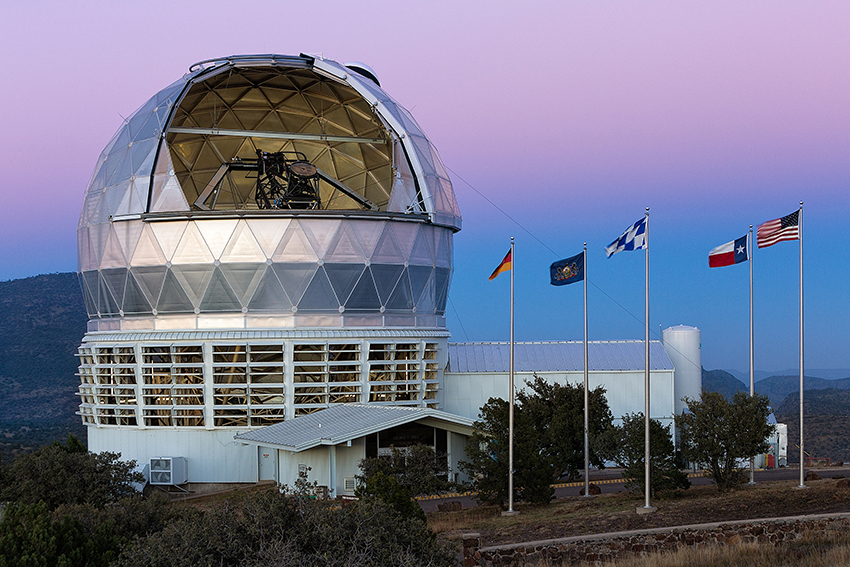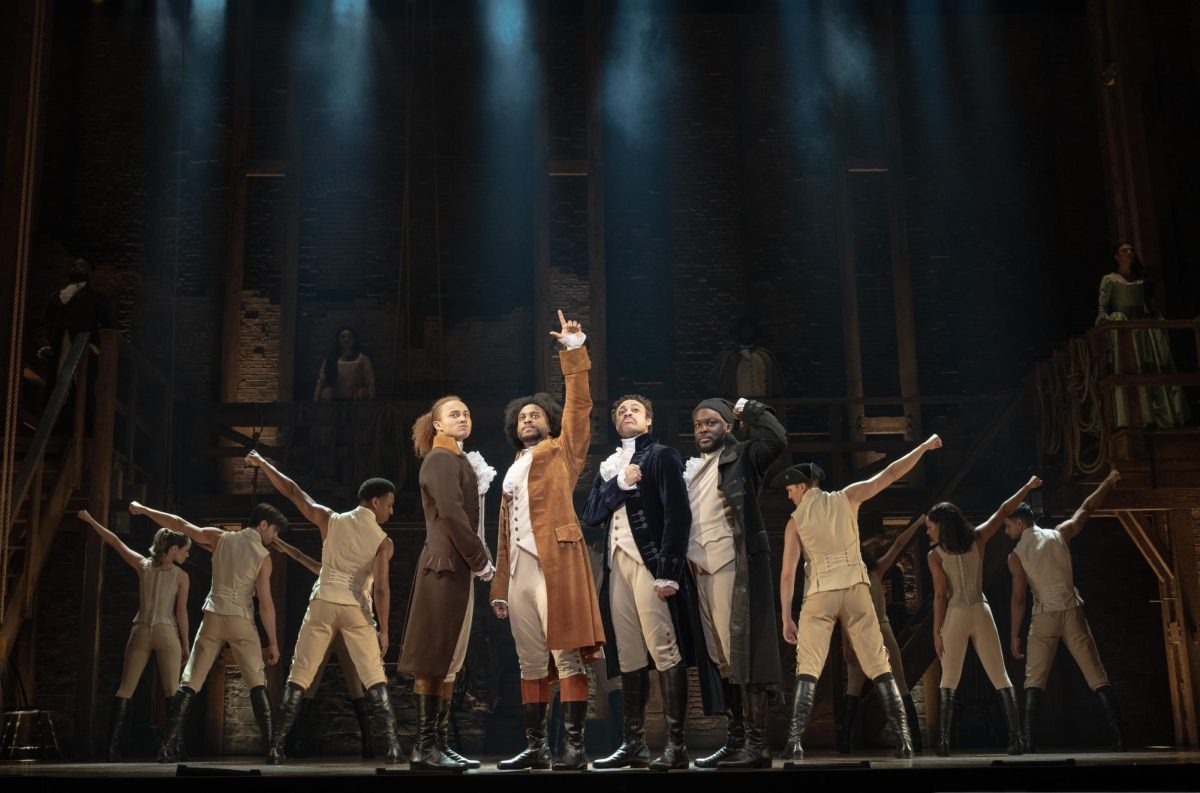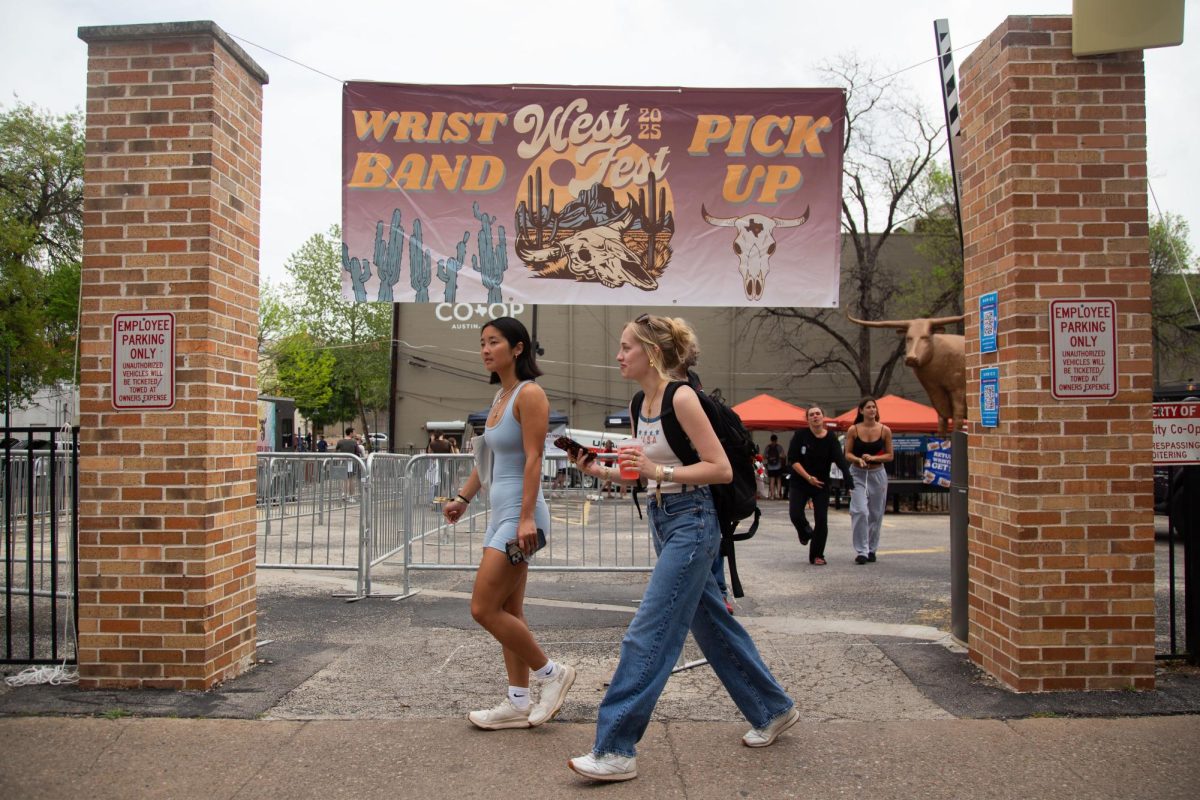When people think of UT’s observatories and telescopes, they generally think of the McDonald Observatory in West Texas. However, UT boasts two on-campus facilities as well, each dedicated to weekly public viewings. Painter Hall Telescope remains open to the public every Friday and Saturday night from 7 p.m. to 9 p.m. The newer, more technologically advanced telescope opens at the same time every Wednesday at the Physics, Math, Astronomy Building.
For physics senior Chase Meech and aerospace engineering senior Zack Muckler, the process of becoming staff members at the observatory proved a lengthy journey. Meech said that during his freshman year, he asked if he could borrow a telescope to view Mars. After a year’s delay due to the pandemic, Meech not only got his hands on a telescope but a job for him and his friends, including Muckler.
“There was a grad student working the telescope here before us,” Muckler said. “She was on her way out. She needed somebody else to host the star parties, and she was like, ‘Okay, you can start.’”
In addition to holding free weekly viewings, the observatory also hosts “star parties” where people bring groups and search for constellations, planets and more in the night sky. Meech said he formed one of his most profound memories hosting a star party.
“One time a while back, we actually hosted a fifth-grade girl’s birthday party,” Meech said. “The birthday girl wanted to be an astrophysics major and was always asking me a lot of questions. So, it was super humbling and interesting to talk to somebody who’s so interested at such a young age.”
UT constructed the Painter Hall Telescope alongside the building in 1933, using late 19th-century telescopic technology. Muckler said the historic features of the observatory add a unique charm to student’s experiences.
“The biggest thing for me and what makes this job so cool is it’s a window into what people used to do before we had computerized technology,” Muckler said.
Serving the community for nearly a century, the observatory attracts local Austin residents such as Brian Scanlan to visit during their free time.
“(The observatory provides) a sense of wonder and appreciation for what’s available through research,” Scanlan said.
Muckler said he believes the observatories should serve the broader community at UT and Austin in general.
“We get people in here that don’t have a physics background or an astronomy background,” Muckler said. “We get people from Austin that are just curious. It’s important for the sciences to learn from each other. At the end of the day, we’re just people trying to understand the world around us.”














